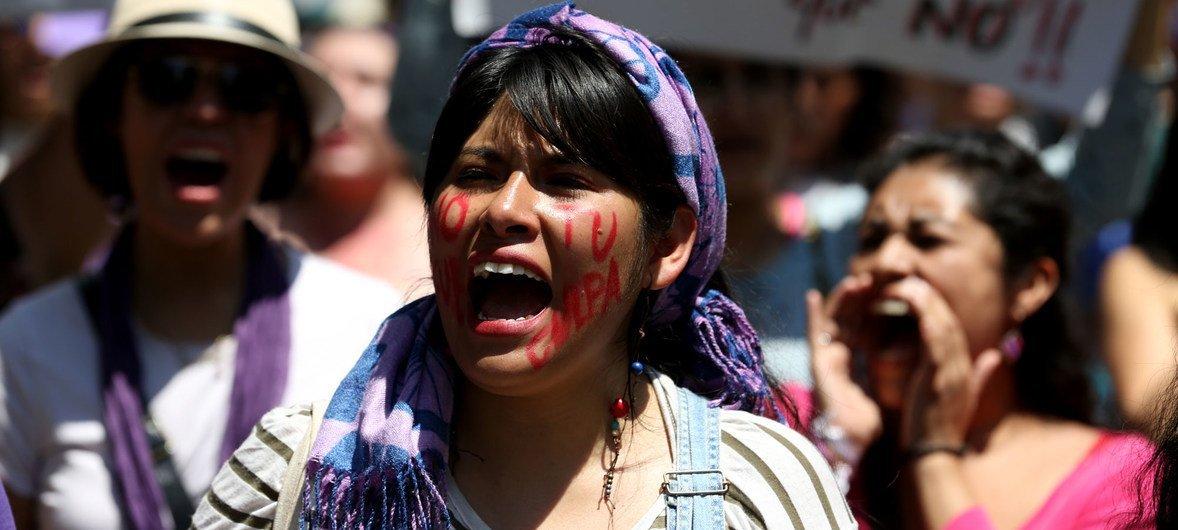On the 25th anniversary of the International Day for the Elimination of Violence Against Women, world leaders and advocates gathered at the UN Headquarters to confront a stark reality: violence against women and girls remains a pervasive global crisis.
With the theme “No Excuse,” the event served as a powerful call to action against gender-based violence, highlighting both progress and the urgent work still required.
As UN Secretary-General António Guterres pointed out in his message for the Day, the statistics are sobering: “Every day, 140 women and girls are killed by members of their own family, […] we must confront the hard truth: our fight is far from over.”
The President of the General Assembly, Philémon Yang, set the tone for the commemorative event, emphasising: “Let us use this International Day as an opportunity to exchange best practices, identify critical gaps, and strengthen our commitment to prevent and eliminate violence against women and girls.”
Progress amid challenges
Over the years, significant strides have been made in the fight against gender-based violence. The UN Spotlight Initiative, in partnership with the European Union, has shown that progress is possible.
Deputy Secretary-General Amina J. Mohammed shared the programme’s achievements: “The Initiative has demonstrated substantial progress, including the adoption or enhancement of almost 550 laws and policies.” “It has provided essential services for three million women, education, gender equality, engaging 8 million young women,” added Sima Bahous, Executive Director of UN Women.
Despite these achievements, Ms. Bahous emphasised the need for greater investment in prevention strategies: “We must in no way denigrate very real progress, but we must also be honest with ourselves that it is too slow, and it is threatened by emerging challenges from the political to the technological. Today is when we again make this case, as we must do tirelessly.”

A call to action
American activist Tarana Burke, founder of the MeToo movement, delivered a poignant speech, weaving personal conviction with a global call to action. She drew inspiration from the words of poet and activist June Jordan. “‘We are the ones we’ve been waiting for’ And for me that ‘we’ is survivors, especially those of us who are most deeply affected, black and brown, queer and disabled, low wealth and impoverished. We have always had to be our own saviours.”
A recurring theme throughout the event was the need for men and boys to actively participate in efforts to eliminate gender-based violence.

“They are allies who must introspect on what they can do better,” said Mr. Yang. “Moreover, they must take proactive steps to change discriminatory attitudes toward women and prevent violence against them,” he emphasised.
As Ms. Mohammed put it, “Let us come together, especially our men and our boys, reaffirm our commitment, and intensify action to end violence against women.”

Looking ahead
With the 30th anniversary of the Beijing Declaration and Platform for Action on the horizon, the event highlighted the need for global solidarity and accountability. Leaders called for renewed commitments to deliver on the promises made nearly three decades ago.
“Together, let us strive for a world where dignity and safety are guaranteed for all, not as a privilege, but as a fundamental right,” the UN Deputy Secretary-General concluded.
Source:news.un.org


